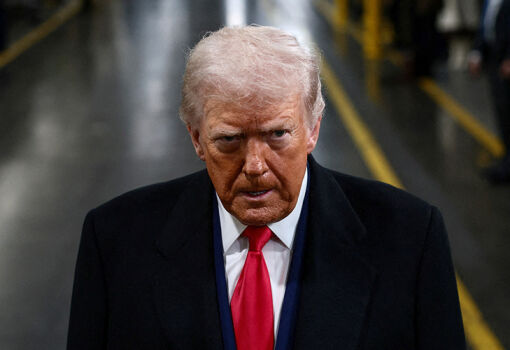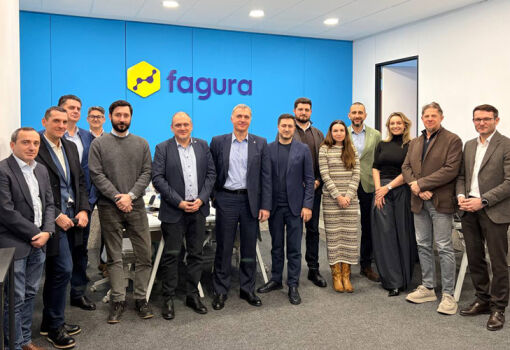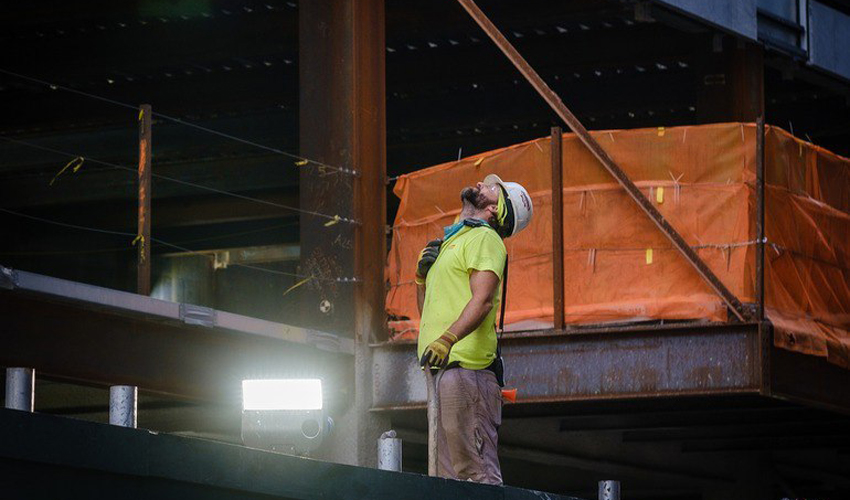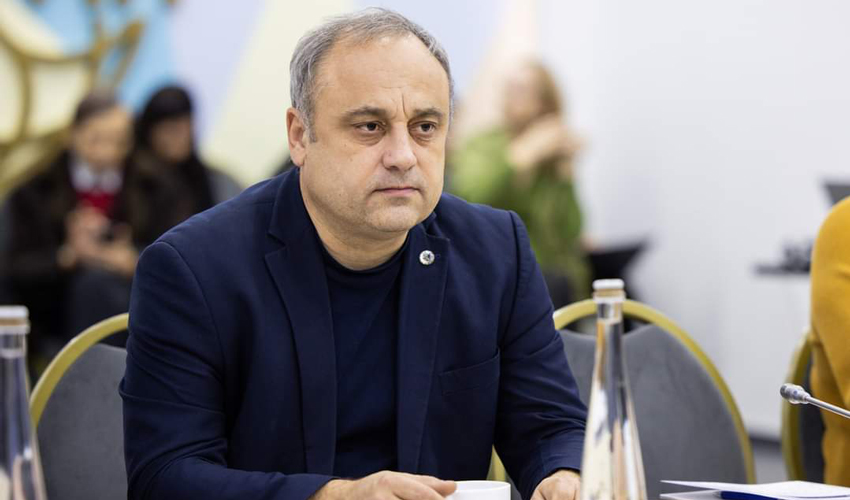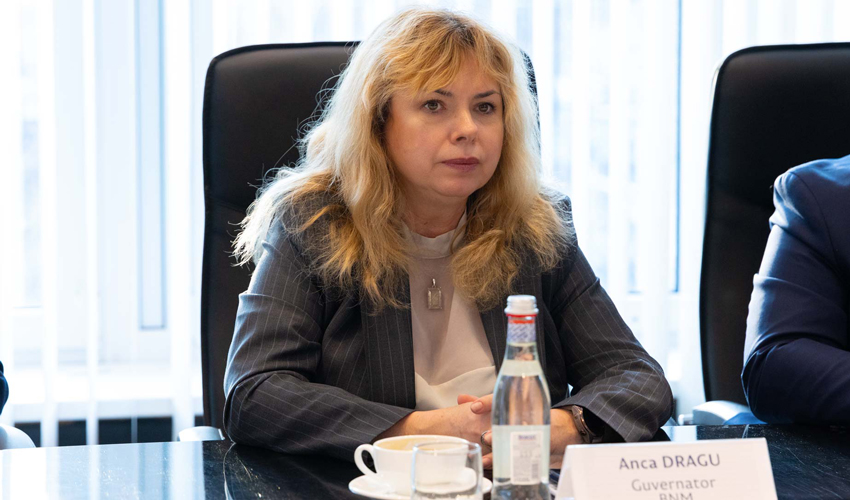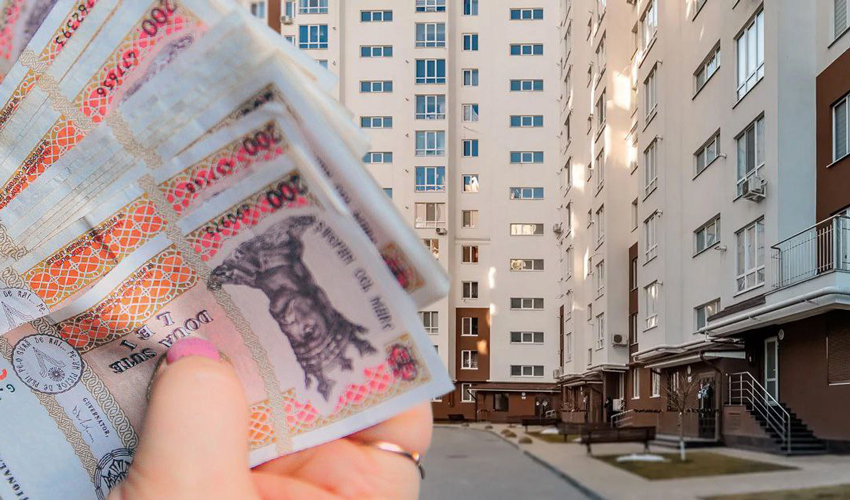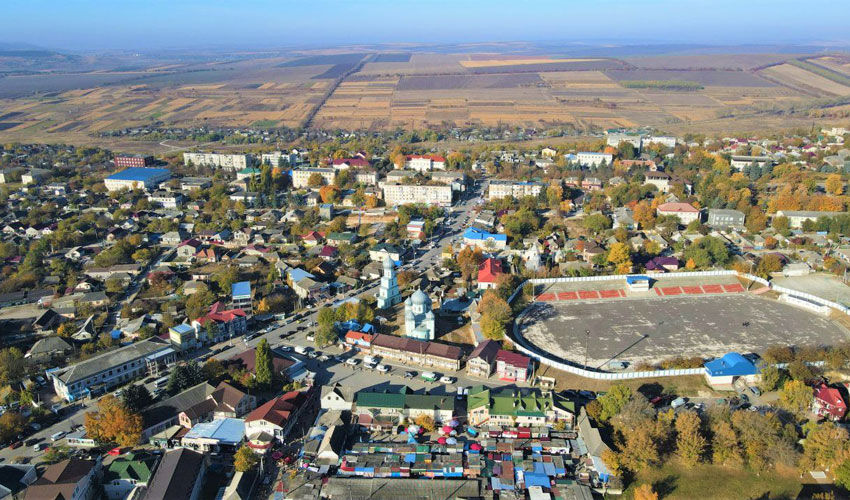
According to State Secretary for Regional Development Corneliu Chirimpei, it is the connection to centralized water and sewage systems that will be the key criterion for selecting projects under the program. The authorities expect that within the next two years, progress will be more visible than in the previous four years.
“At the moment, 1,006 settlements in the country have centralized water supply systems. They are absent only in very small villages with 200-300 people each. Over the last four years, the government has reduced by 9% the number of settlements not connected to the water supply system. This progress can be considered encouraging. The situation is more pessimistic with regard to sewerage – although the efforts have been tremendous and the length of sewerage networks has increased by 16%, it remains a serious problem to connect people to these networks,” Chirimpey told Public Radio.
Therefore, it is water supply and sewerage systems that will be a priority for local authorities when applying for participation in the European Village III program.
“We realize that the investment points will be very expensive, but the goal, related also to human rights – that every resident of the republic has access to water – is extremely important, and we must continue to improve the indicators of progress achieved over the past four years,” the official said.
He assured that centralized water supply will appear even in the smallest villages: “The main thing is to keep people in these villages.”








